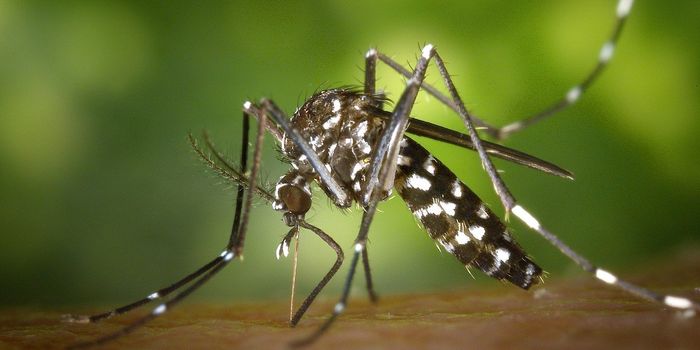People Taste Things Differently, Depending on their Diet
Taste is a fundamental factor when it comes to choosing what foods we eat, and which we avoid. We all remember as kids, we avoided certain foods, such as green vegetables (which, according to research, has an underlying biological reason why we avoid them—taste). Taste may also be why many tend to prefer processed, sugary foods—they taste good, so why wouldn’t we want to eat them?
There is also a growing body of research suggesting that diets can change taste “sensitivities,” or the ways people experience different kinds of tastes, such as sweet, sour, or bitterness. This is likely due to the different nutrient makeups of the foods eaten in different diets (e.g., vegan and vegetarian diets have higher levels of fiber than diets that include more animal products, so they detect bitterness better). Research has shown, for example, that obese individuals who consume excess amounts of dietary fat have a decreased sensitivity to the taste of fat.
In a new study published in Foods, researchers examined how different types of diets (specifically, vegan, vegetarian, and omnivore diets) shaped taste sensitivities and taste detection thresholds, or the minimum amount of a particular taste someone needs to perceive that taste). It is the first systematic evaluation of taste thresholds in people following these distinct diets.
The study included 80 female participants, ages 18-45, who followed either a vegan (22), vegetarian (23), or omnivore diet (35). Researchers used forced-choice tests to assess the taste thresholds for six different tastes: sweet, sour, salty, umami (also known as savoriness), bitter, and metallic.
Key findings for each diet group are as follows:
- Omnivores had fairly consistent, distinct taste thresholds between the six different tastes.
- Vegetarians and vegans, however, had heightened sensitivity to metallic taste and reduced sensitivity to sweetness.
People following vegetarian diets also showed a slightly lower detection threshold for bitterness compared to the other two. Researchers suggest this may be caused by higher consumption of fruits and vegetables.








